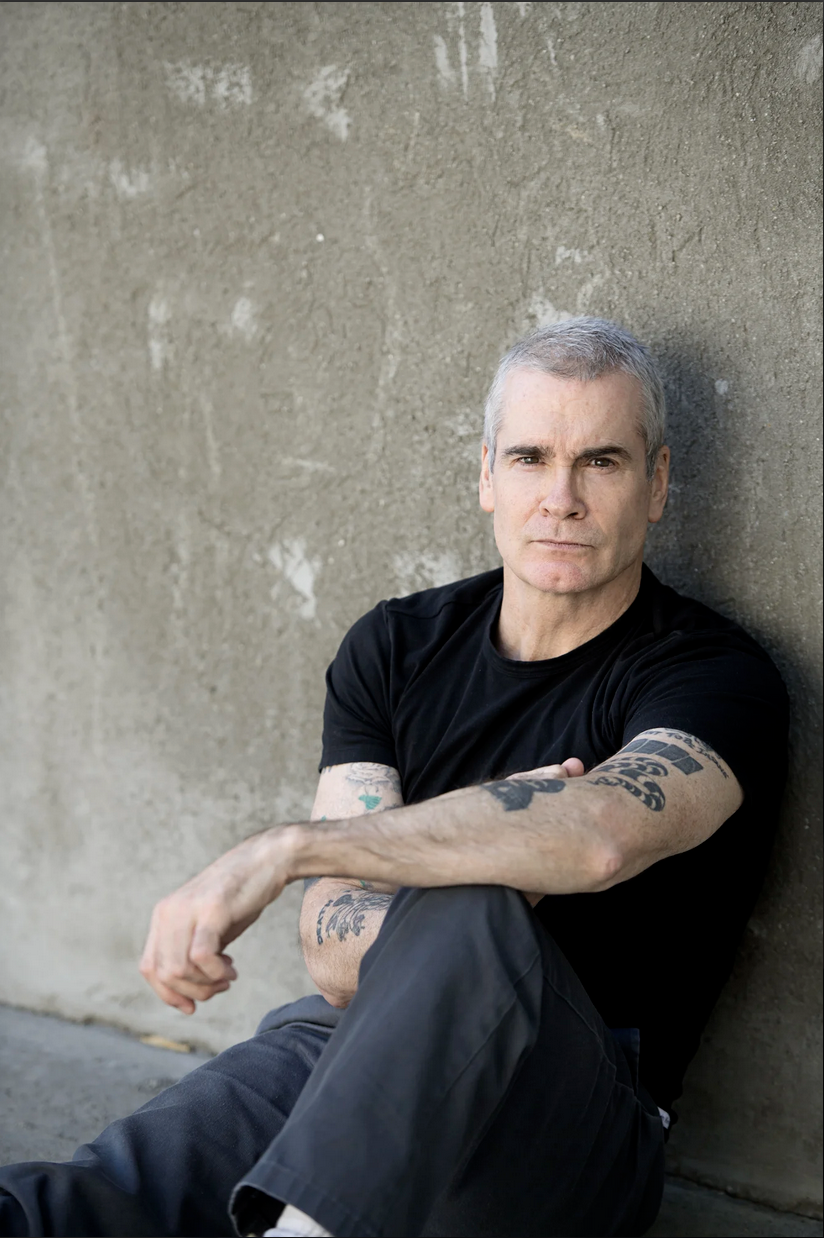Today, as I was re-combining my thesis into something resembling an academic quality thanks to the tips of Dr. Tony Moore I had a "Eureka" moment. I called it my "Finkle is Einhorn" moment in honor of Ace Ventura's spectacular and gut-wrenching realization (which you can watch here - but of course, it's a massive spoiler. Seriously, watch the film.)
It was mostly due to this line that I wrote, that sums up the theories of Bourdieu as applied to rock criticism and the media ecology approach to describe the differences in the environment prior to the internet and during. Back in the day, label types would tee up interviews in Rolling Stone and Creem and NME - and sometimes they wouldn't have to because journalists would want to hang around bands because it made them cool and would champion new rock genres and styles such as punk, new wave, progressive rock and so on. I was so embedded in this circuit, it only just dawned on me, but I was unable to explain it via theory and real-world examples until now:
Brown contends that contemporary rock journalists are merely “sponsors” of pre-fabricated trends transmitted through public relations “spin doctors” in order to appear in tune with what is popular in the rock subculture as a “survival mechanism” to keep themselves in the employ of their magazine and position as a "rock authority" or on behalf of their publication, which is beholden to a variety of publishers, shareholders, etc. The access to the “stars” themselves becomes a field of limited production – that is, new content to be generated and sold to the readership. People can go to gigs, etc. and upload footage of the concert to YouTube – but anyone with a web-enabled smartphone may also do the same. Not everyone may interview or “hang out” with a rock star in order to write an article about him or her and be afforded an opportunity to further consecrate the rock music field in its rich and storied timeline. This imbues a position of [privilege] on to a rock journalist who is given this “face time” with rock musicians, lending them a heightened position in a market of symbolic value.
What's more interesting that even in Australia, there's a huge bunfight over what's cool and more 'hip' and what's commercial trash, even though they're basically getting a different phonecall from the same publicist. Creem would criticise Rolling Stone for being too serious, and we have the same thing repeating today between different websites, even though the sources of their content is near identical. I've only about a month to go, but of the 12K words I've got now, I feel that 80% is solid. I've also decided to re-write my introduction from scratch since it almost makes no sense. (Well, marginally less sense)
I may even have to ditch the original title: The media ecology approach takes a back seat to the theories of cultural production, which seems more sociological rather than grounded in pure media and communications. Over the last few days, I've cleared mental cobwebs away from my thesis after meeting with Tony - I wish I'd discovered how to do this before, but even at this advanced stage (I should stop saying that. Quan from Regurgitator was right; it does sound like my thesis is some sort of disease) I could very well pull this off and have it handed in with time to spare despite the tendency to distract myself with paid work and other dalliances into something that I used to call "fun."

